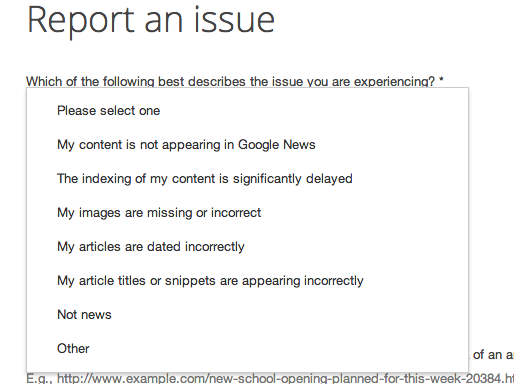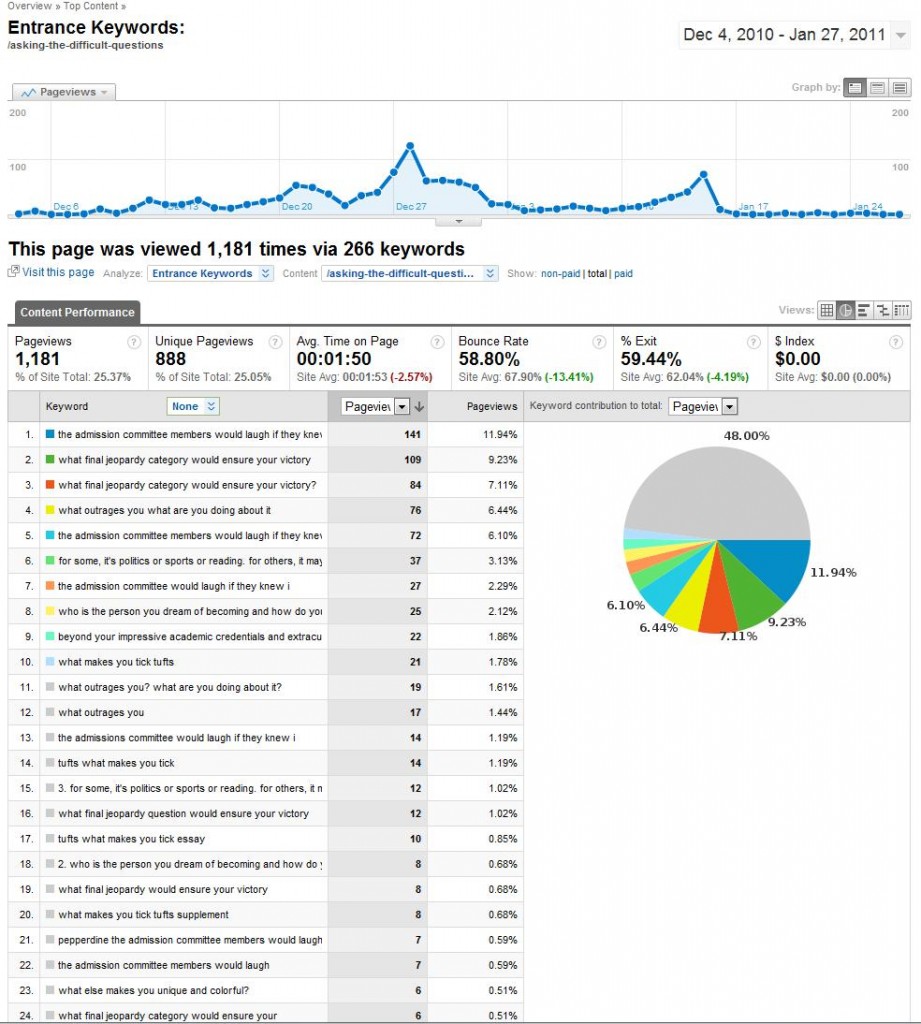Google News Growth Hack Exposed
In the past I’ve found Google News to be an acceptable source of headline news because it organizes a ton of information very efficiently and collects similar articles on major topics. For example, stories on the Ukranian crisis often include several links to news agencies in the US and Europe, thus offering me the latest content from various angles. This is great because users of Google News can synthesize the gist of recent world news very quickly.
For serious journalistic inquiry I do not recommend Google News. And now, I hesitate to recommend it to anyone for any use:
Today I was casually browsing Google News on my iPhone and I saw an interesting story about the Egyptian pyramids:
After clicking on the Egyptian pyramid story, I learned a bit about the pyramids of money some Google News publishers are making…
I expected to be linked to a news story on “The Standard Digital News” about this interesting discovery. Instead I was redirected via the url “http://c.mobpartner.mobi/?s=
I was confused, so I tapped the screen. Any click on this screen, not just the two buttons, leads to an automatic redirect to the app store:
According to AffPlus.com, a publisher who refers a download is paid about $1.75 for a US user. The payment is likely via the company “MobPartner” as per the redirect above.
To summarize, I was interested in reading more about the Egyptian pyramids and instead I was redirected to download a game named “Dragon City”. At this point it was abundantly clear that Google News is being gamed by some of their publishers, and those publishers are definitely making a hefty profit from this simple mobile redirect.
So how does a news organization get onto Google News in the first place? First, you don’t need to be a vetted news organization. Any site can be added once it is approved based on Google’s explicit guidelines found here.
The second guideline states:
Journalistic standards. Original reporting and honest attribution are longstanding journalistic values. If your site publishes aggregated content, you will need to separate it from your original work, or restrict our access to those aggregated articles via your robots.txt file.
Let’s go back to the original article that I hoped to read:
Scientists say they have finally solved the mystery of how the Egyptian pyramids were built 4,000 years later
You may notice at the bottom of the article the author name “Mirror” makes it clear that this article is aggregated content. Try copying + pasting the first couple of sentences into Google and you will see this story has been published on hundreds of other news outlets. Thus, no original reporting here.
The fifth guideline states:
Readability. Clearly written articles with correct spelling and grammar make for a much better user experience. Limiting your use of distracting ads and auto-load videos also allows users to more easily focus on your article content.
For mobile users, this publisher “The Standard Digital News” practices a “sneaky redirect“. Again, a clear violation of the Google News guidelines.
Thankfully, Google has a form for submitting problematic publishers and articles found here. But you may notice that the default issues are heavily directed towards existing publishers who are having trouble getting their content properly syndicated.
The form appears to be just a user support feature for the publishers of Google News, not a reliable Spam reporting tool.
Sounds like the wild west of news, right? “The Standard Digital News” is a real news organization based in Kenya, but I bet they aren’t the only publishers violating the guidelines. The frightening reality is that anyone can make their own news site and in just a couple of days see their content on Google News. Take a look at this thread in an online Internet Marketing forum. All a person has to do is follow a handful of steps:
- Setup your domain with a new WordPress news theme.
- Hire writers from oDesk to rewrite news articles for $2 each. (Being sure to use copyscape to ensure “journalistic quality”.)
- Start with 150 back-dated articles to show that the site has some momentum.
- Setup a nice logo and real phone number.
- Double check that the site complies with the google webmaster guidelines.
- Submit for approval.
And then boom! You could be a publisher on Google News, and you could deploy “sneaky redirects” for the thousands of mobile users referred to your site. This is a harsh reality and I sincerely hope that Google will monitor the quality of their Google News results as closely as their SEO guidelines.






